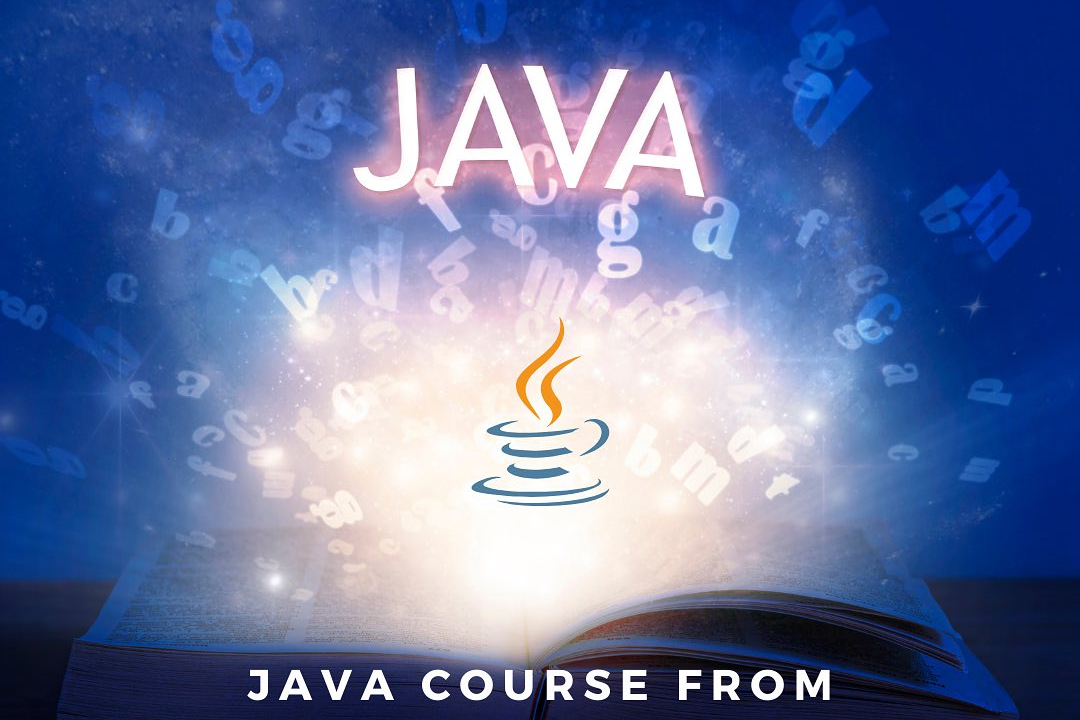Dbms Rdbms Difference
Understanding the Difference Between DBMS and RDBMS
Dbms Rdbms Difference
A database management system (DBMS) is a software system that allows users to interact and manage databases. It provides functions for storing, retrieving, updating, and deleting data. On the other hand, a relational database management system (RDBMS) is a specific type of DBMS that manages data stored in a relational database. RDBMS organizes data into tables with rows and columns, and establishes relationships between these tables using keys. This allows for efficient querying and manipulation of data through structured query language (SQL). In summary, while DBMS is a general term for managing databases, RDBMS is a subset that specifically deals with relational databases and provides a more structured and efficient way to store and retrieve data.
To Download Our Brochure: https://www.justacademy.co/download-brochure-for-free
Message us for more information: +91 9987184296
1 - Structure:
DBMS (Database Management System) is a software system that manages databases. It does not necessarily follow a structured approach.
RDBMS (Relational Database Management System) is a type of DBMS that stores data in the form of tables with rows and columns, adhering to the relational model.
2) Data Model:
DBMS can support different data models like hierarchical, network, or object oriented.
RDBMS strictly follows the relational data model and uses structured query language (SQL) for data manipulation.
3) Flexibility:
DBMS can handle non relational data and does not enforce constraints like normalization.
RDBMS enforces data integrity through the use of foreign keys and ensures data is stored in normalized form.
4) Scalability:
DBMS may lack scalability compared to RDBMS when dealing with complex data relationships.
RDBMS allows for better scalability due to its relational nature, making it easier to manage and expand.
5) Performance:
DBMS might not be as efficient in handling complex queries and large datasets.
RDBMS is optimized for performance and can efficiently manage complex queries and large volumes of data.
By understanding these key differences, students can gain insights into the capabilities and functionalities of both DBMS and RDBMS, helping them make informed decisions when choosing a database system for their projects or applications.
Browse our course links : https://www.justacademy.co/all-courses
To Join our FREE DEMO Session: Click Here
Contact Us for more info:
Selenium Java Interview Questions For 5 Years Experience
Java Oop Questions
Asp Net Interview Questions For 2 Years Experience
Angular Interview Questions And Answers For Experienced
Azure Kubernetes Interview Questions











